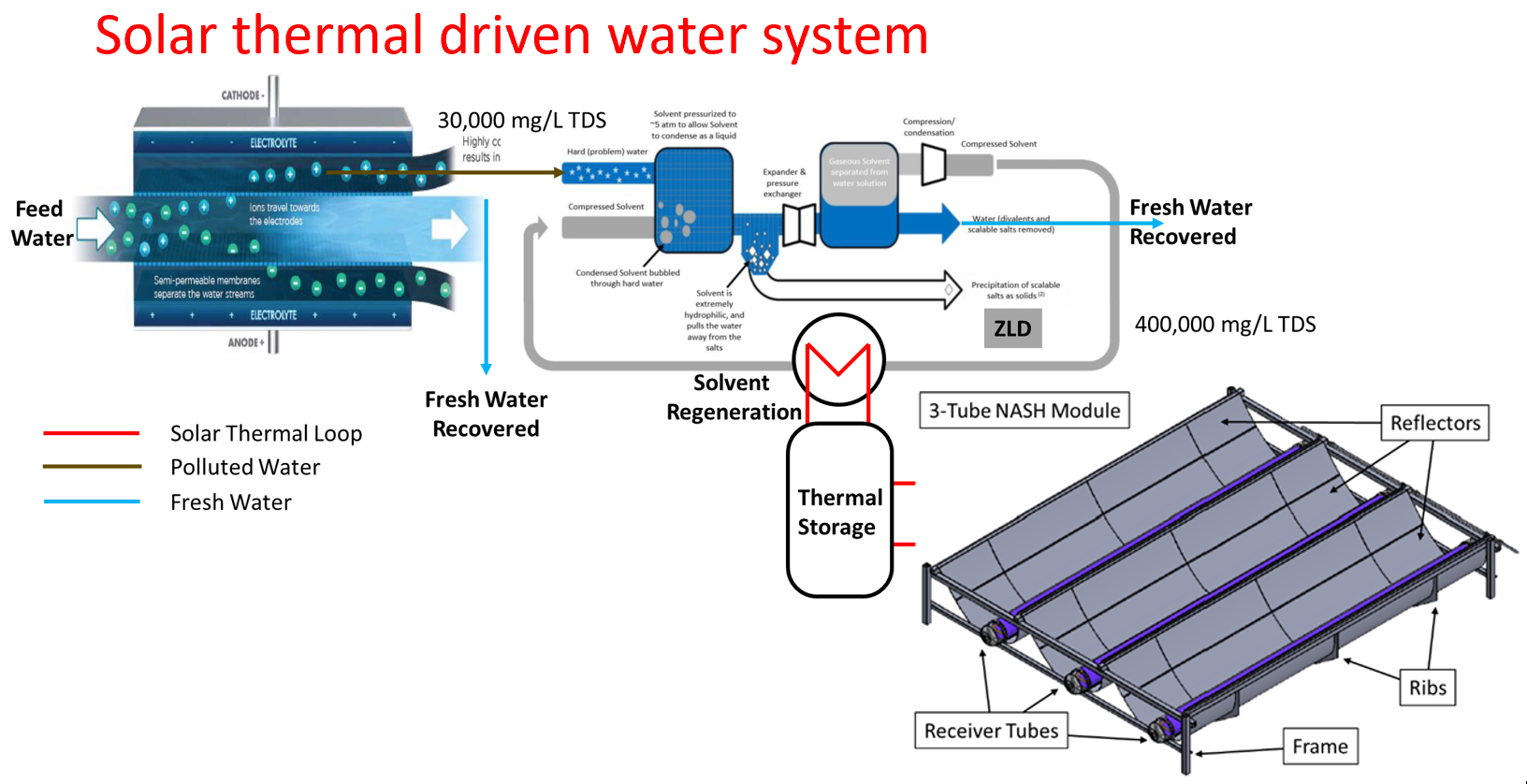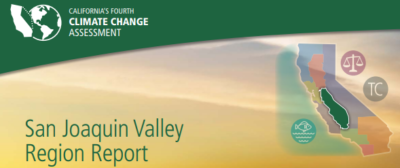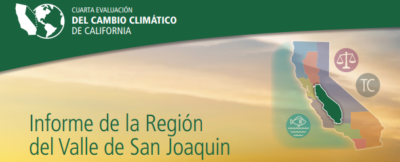Climate change is disproportionally affecting rural disadvantaged communities at several levels, including extreme heat, water security, air quality, and destruction of nearby ecosystems.
Rural areas of California are experiencing the effects of extreme and exceptional drought (drought.gov/states/california), and there is not enough water to sustain our current agricultural practices.
Renewable energies generation and storage is an important strategy that creates more job opportunities than fossil fuel-depending energy generation while fostering a better environment and better living conditions and a better for everyone.
This brings an opportunity to implement renewable energies (and other projects) in these regions in multi-benefit projects that can repurpose cropland without enough water access.
But what is the perspective of rural disadvantaged communities residents, small farmers, and other vulnerable stakeholders?
Our team has been awarded with funding from several funding, especially from the Environmental Justice Data Fund, to exchange information with key stakeholders from rural areas of California to understand their perspectives about renewable energy implementation near them.
Decisions are more likely to succeed if they include the perspectives of local stakeholders, and the perspectives of disadvantaged communities have been traditionally neglected, leading to communities that are underrepresented, understudied, and underserved.
Our objective is to generate data and publications (reports, scientific papers) to inform the industry, policymakers, and scientists based on local perspectives so that they can pursue successful endeavor in these vulnerable regions. Industry will be able to identify and implement new business opportunities; policymakers will be able to develop policies that address actual issues of the communities to be served; and scientists will be able to identify first-hand needs of research to be conducted that have a positive, lasting impact in the population.

From the Climate Change Assessment of the San Joaquin Valley Region (Fernandez-Bou et al, 2022):
“The San Joaquin Valley is already experiencing some of the impacts driven by climate change in California. However, it is still possible to avoid the worst impacts with adequate adaptation and mitigation strategies. These strategies vary according to the sector and scale. For example, rural areas need different strategies than urban areas, and sustainable agriculture can help mitigate pressures exerted by California cities (see Adaptation and mitigation strategies in the Climate Change Impacts on the San Joaquin Valley Agriculture). The more that it is done soon to reduce emissions of heat-trapping gasses going into the atmosphere, the less negative climate change impacts the San Joaquin Valley will experience in the future.
Replacing carbon dioxide and pollution sources with clean, zero-carbon-emission technologies will prevent the effects of excessive greenhouse gases in the atmosphere, will promote new local infrastructure development, and will faster align the energy sector with California climate policies. In addition, reducing or eliminating the impacts from major contributors to climate change in the San Joaquin Valley, such as fracking oil wells, natural gas peakerplants, and the transportation sector, can improve air quality, water quality, and health while mitigating climate change. Planning a just transition away from these major climate change contributors via regulation and stakeholder involvement will likely reduce social, economic, and environmental inequities in the process. “
Related publications
Regional Report for the San Joaquin Valley Region on Impacts of Climate Change

Report for California Natural Resources Agency
Regional Report for the San Joaquin Valley Region on Impacts of Climate Change
Informe de la Región del Valle de San Joaquin sobre los impactos del cambio climático
 Informe para la Agencia de Recursos Naturales del Gobierno de California
Informe para la Agencia de Recursos Naturales del Gobierno de California
Informe de la Región del Valle de San Joaquin sobre los impactos del cambio climático
Climate Change in the San Joaquin Valley: A Household and Community Guide to Taking Action

Report published by the Union of Concerned Scientists
Climate Change in the San Joaquin Valley: A Household and Community Guide to Taking Action
Cambio climático en el Valle de San Joaquín: Una guía para tomar medidas en el hogar y las comunidades

Informe publicado por la Unión de Científicos Conscientes
Community Perspectives and Environmental Justice in California’s San Joaquin Valley

Scientific publication in Environmental Justice
Community Perspectives and Environmental Justice in California’s San Joaquin Valley
Underrepresented, understudied, underserved: Gaps and opportunities for advancing justice in disadvantaged communities

Scientific publication in Environmental Science & Policy
